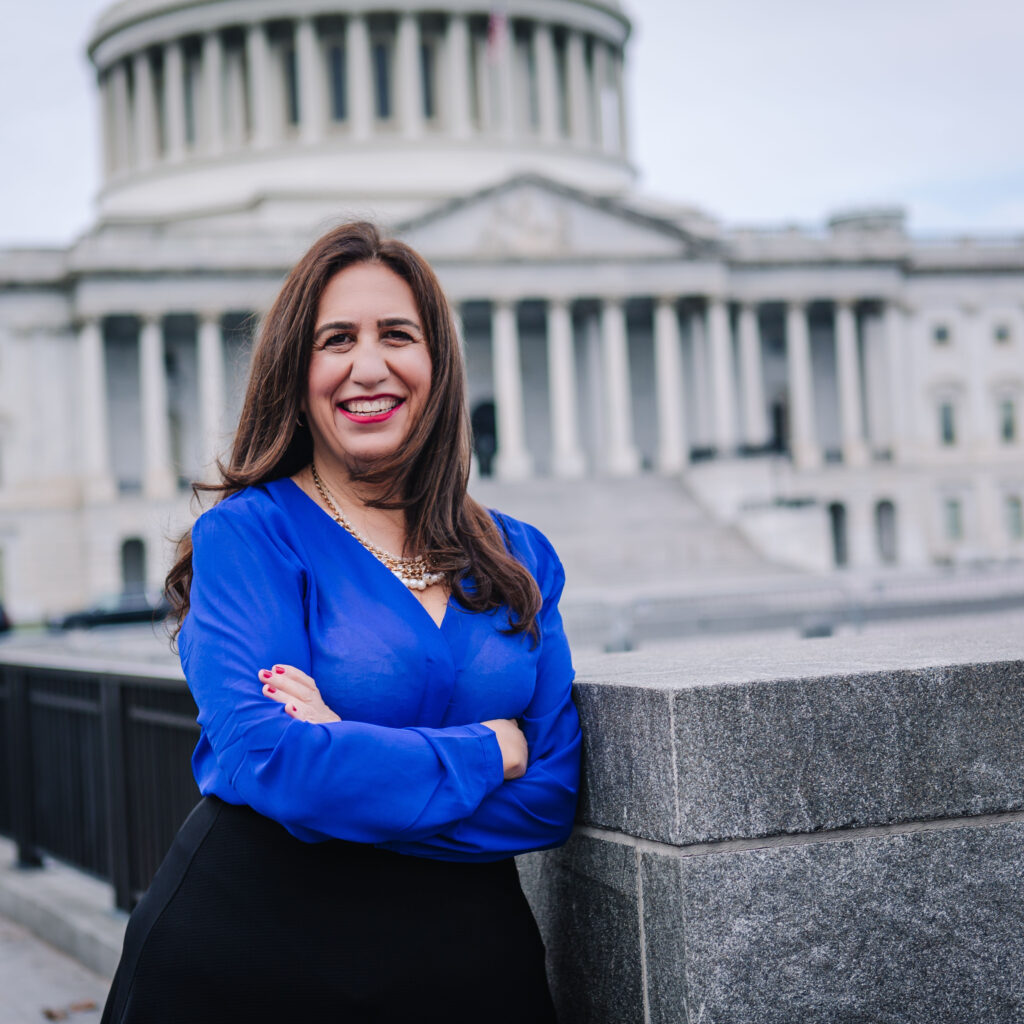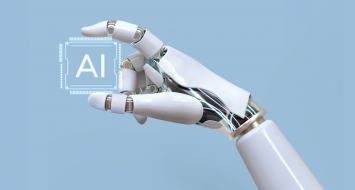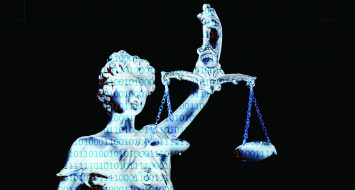FAQs on Chat GPT for Solo and Small Law Firms
Carolyn Elefant, Esq.
June 8, 2023
Reading time: 5 minutes

In the three months since ChatGPT’s November 30, 2022 release, inaccuracies about the product have been swirling throughout the solo and small law firm community. Common misconceptions include the mistaken belief that ChatGPT scrapes web content, and that OpenAI, ChatGPT’s parent owns all copyright to user input and resulting output. Many of these myths arise from reliance on outdated material as the tech is changing so quickly that a month old article about ChatGPT may already be stale. And most lawyers are often too busy to poke around for the most up-to-date information.
In the hopes of setting the record straight, here is a series of FAQs on ChatGPT for solo and small law firms that address some of solo and small firm lawyers’ most common questions about the technology.
FAQ: Will I be liable for plagiarism or copyright infringement by using ChatGPT since it scrapes content from other websites and public documents?
- This question reflects a profound misunderstanding of how ChatGPT works. ChatGPT is known as a large language model tool which means that it is trained and powered by mountains of data and computing techniques to make predictions to string words together in a meaningful way. Because ChatGPT does not scrape or copy content but instead relies on multiple sources, the resulting output is unlikely to carbon-copy any single existing work. As such, a copyright infringement on a prior work would most likely not occur and if asserted, would be extremely difficult to prove.
For lawyers seeking more assurance against infringement, there are a several solutions. First, you could run your ChatGPT results through a web search engine or plagiarism detector to see whether it is dangerously similar to prior works. Second, instead of relying on a “cut and paste” of ChatGPT output, put your own spin on it to make it even more original thereby helping to insulate you from copyright infringement claims.
FAQ: Can I prevent others from copying ChatGPT output that I use for my blog posts or marketing content?
That is a topic still in flux. The U.S. Copyright Office recently reaffirmed a longstanding policy that “to qualify as a work of ‘authorship’ a work must be created by a human being” and that it “will not register works produced by a machine or mere mechanical process that operates randomly or automatically without any creative input or intervention from a human author.” That means that an article generated by a generalized ChatGPT prompt of “draft an article about five things not to do during a traffic stop” probably wouldn’t qualify for copyright protection.
But, the new Guidance acknowledges that “the Office will consider whether the AI contributions are the result of ‘mechanical reproduction’ or an author’s ‘own original mental conception, to which [the author] gave visible form.'” The answer will depend on the circumstances, particularly how the AI tool operates and how it was used to create the final work. Under this emerging case-by-case inquiry, output produced by a cleverly worded prompt, or series of iterative prompts, could theoretically qualify for coverage (though of course, you would need to show proof of the creative process). If you want to be assured of copyright protection, it is best to avoid cutting and pasting ChatGPT content and instead, adding your own personal spin to any ChatGPT output.
FAQ: Do ChatGPT’s terms of service assert copyright in all output and forbid users from referencing ChatGPT as a source?
ChatGPT use is governed by the terms of service for OpenAI, the company that developed ChatGPT. An older version of OpenAI’s terms of service included more restrictive provisions, including a claim of copyright entitlement to the output. The updated terms assign any copyrights that OpenAI may have to the user. The new terms also warn users that non-API content provided can be used to train ChatGPT and allows for an opt-out. Keep in mind that terms of service for new products are always in flux or subject to change, so always check with the source (i.e., the actual terms) to make sure you’re dealing with the current version.
FAQ: Does using Chat GPT violate client confidentiality?
As noted above, OpenAI does not use API content for training ChatGPT and allows an opt-out for non-API content. This means that wide circulation of your input won’t be incorporated into future output. Even so, it is prudent to treat ChatGPT as you would when seeking advice on a listserv or in a Facebook group. Generally speaking, an online inquiry about a case that doesn’t reveal any details about a client (such as asking about remedies for a parent who violates terms of a custody agreement by taking the child out of state) doesn’t breach attorney-client privilege. By contrast, posting your client’s social security number in an online forum and asking if anyone can run a credit check is a hard no. In short, if there are details that you’re forbidden from posting online or sharing outside of the attorney-client relationship, don’t input them into ChatGPT. As with all new technology, common sense still applies.
FAQ: Can I use the results of ChatGPT and court filings?
You can, but if you don’t exercise some due diligence, you put yourself at risk. While a strong starting point for research and issue-spotting, ChatGPT results may not always be accurate enough to plop right into a brief without doing some follow up research. But realize, this isn’t a flaw that is unique to ChatGPT. After all, you wouldn’t string cite case annotations from the most reputable legal treatise without first reading the cases, so why would you simply cut and paste ChatGPT output into a legal brief or memo? If there is one thing that law school actually did teach us, it’s that it is never a sound practice to use any secondary legal authority, no matter the source, without additional research or review.
FAQ: Do ethics rules foreclose use of ChatGPT?
No. In fact, ethics provide some rough guidance on responsible use of new technologies like ChatGPT. Under ABA Model Rule 1.1 and in the states that have adopted the Rule, lawyers have an ethical obligation to stay abreast of the risks and benefits of emerging technology. That means that lawyers should take proactive steps to learn about new tools like ChatGPT that can help clients. ABA Ethics Opinion 08-451 also allows lawyers to outsource work to non-lawyers (including automated or tech solutions) provided that they adequately supervise the work and protect confidential information.
As a solo or small firm practitioner, consider the emergence and evolution of ChatGPT as an opportunity to embrace technology in your practice and better serve your clients.

In 2002, Carolyn created the blog MyShingle.com, the longest-running blog on solo and small law firm practice. Carolyn writes and speaks on topics including starting a modern law firm in the digital age and how small firms can leverage technology to compete with large firms. In her free time, Carolyn likes to travel light and cheap, consume Audible books, and dance like no one is watching.
Additional Technology content

Hey Alexa – When Can I Draft Documents With AI?
No attorney can be fully insulated from a legal malpractice claim or grievance, but there are certain precautions that can be taken to minimize exposure to such claims. One important risk management tool is the strict screening of all cases before they are accepted into the practice. Rejecting cases with certain “red flags” can go a long way in preventing otherwise avoidable malpractice claims and grievances. Here are eight important questions to ask before accepting any new case.

What can lawyers gAIn from artificial intelligence?
So, how do you craft a meaningful billing entry that gets you paid and protects against future claims? It is as easy as 1-2-3.

iLawyer: the Ethical Use of Technology in Your Practice
A lawyer’s duty to provide competent representation now includes an ethical obligation with respect to technology. In 2012, the ABA added Comment 8 to Rule 1.1 of its Model Rules requiring lawyers to stay current with relevant technology.
Information provided by AttPro Ally is not intended as legal advice. This publication provides best practices for use in connection with general circumstances and ordinarily does not address specific situations. Specific situations should be discussed with legal counsel licensed in the appropriate jurisdiction. By publishing practice and risk prevention tips, Attorney Protective neither implies nor provides any guarantee that claims can be prevented by the use of the suggested practices. Though the contents of AttPro Ally have been carefully researched, Attorney Protective makes no warranty as to its accuracy, applicability, or timeliness. Anyone wishing to reproduce any part of the AttPro Ally content must request permission from Attorney Protective by calling 877-728-8776 or sending an email to [email protected].
© 2026 AttPro Ally. All rights reserved.